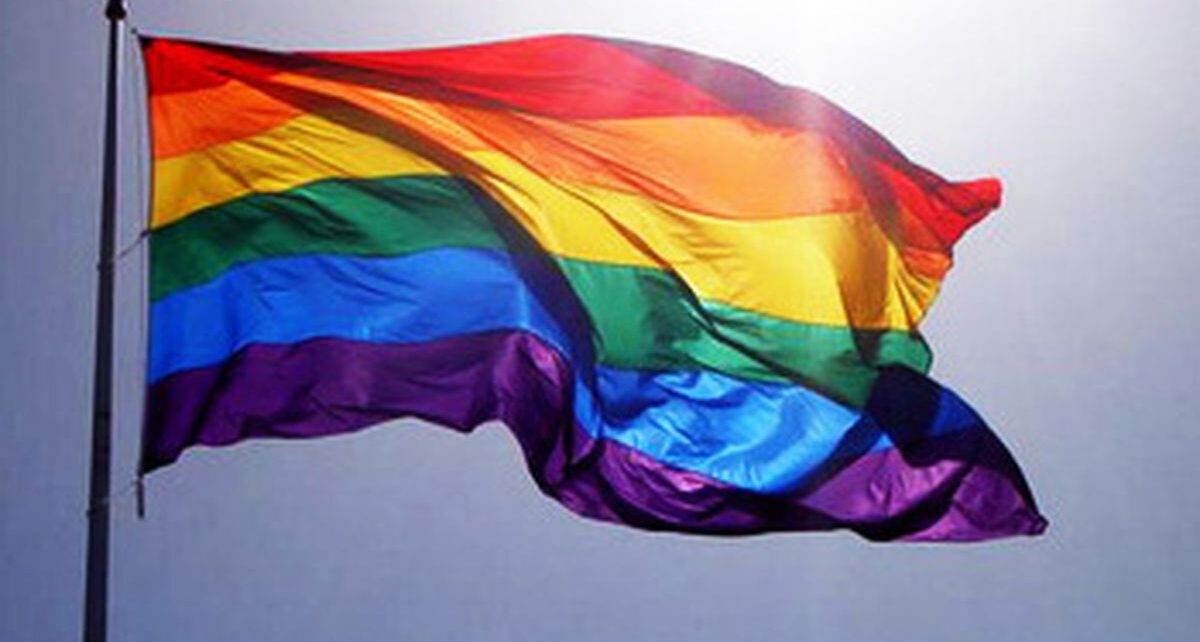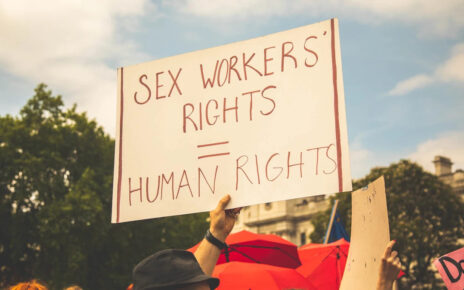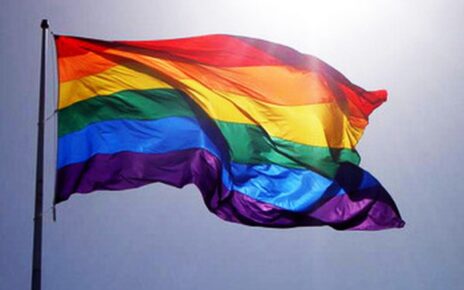Azmain Sharier Ornob, United Kingdom
The Current Reality
In Bangladesh, LGBT+ individuals continue to face legal invisibility, societal rejection, and institutional discrimination. While the global conversation around sexual orientation and gender identity has advanced in many countries, Bangladesh remains stuck under the shadow of colonial-era laws and deep-rooted cultural taboos.
At the heart of this legal repression lies Section 377 of the Penal Code, a law introduced by the British in 1860, which criminalizes “carnal intercourse against the order of nature.” This archaic and vague phrasing has long been used to marginalize same-sex relationships and silence expressions of sexual diversity.
LGBT+ people in Bangladesh are denied basic rights—such as legal recognition of relationships, freedom from violence, and access to justice. Fear of arrest, family rejection, and social ostracism keep many people hidden. Public discussions are rare, and hate speech often goes unchecked. Even organizations supporting LGBT+ rights face harassment or forced shutdowns.
In 2016, two LGBT activists were brutally murdered in Dhaka. Since then, visible advocacy has dramatically declined, pushing the community further underground. Even though the government recognized Hijras (a traditional third gender identity) as a legal gender in 2013, this step has not translated into broader legal protections or acceptance for the wider LGBT+ population.
📉 Why Section 377 Must Be Abolished
Section 377 not only criminalizes consensual same-sex intimacy—it sends a powerful message that LGBT+ identities are deviant, dangerous, and unacceptable. Here’s why this law must go:
1. Violation of Basic Human Rights
Section 377 contradicts the fundamental rights enshrined in Bangladesh’s Constitution, including:
- Equality before the law (Article 27)
- Right to life and personal liberty (Article 32)
- Freedom of expression (Article 39)
By criminalizing same-sex relationships, it strips LGBT+ individuals of dignity, autonomy, and protection under the law.
2. Colonial Legacy With No Place in Modern Bangladesh
This law was imposed by British colonial rule, not rooted in local tradition or Islamic law. India, which shares a similar legal heritage, decriminalized Section 377 in 2018. Bangladesh must recognize that laws built on colonial moral codes have no place in a sovereign, inclusive nation.
3. Barrier to Public Health
Criminalization forces LGBT+ communities into hiding, limiting access to HIV prevention, mental health support, and safe sexual health education. This directly undermines public health efforts and international human rights obligations.
4. Fuel for Violence and Blackmail
Section 377 is often used by law enforcement or civilians to harass, extort, or even arrest individuals suspected of being gay. The law empowers homophobia and provides no recourse for victims of hate crimes or discrimination.
5. Economic and Social Progress is Stalled
Inclusivity and diversity are now recognized as drivers of innovation and development. Countries that embrace LGBT+ rights often enjoy stronger civil societies, better global standing, and increased foreign investment. Bangladesh’s continued enforcement of Section 377 hampers its image and potential.
The Way Forward
Decriminalizing homosexuality is not about promoting a “lifestyle”—it’s about ending a legal injustice and affirming that every citizen deserves equal rights and freedom from fear. Bangladesh must:
- Repeal or revise Section 377
- Enact anti-discrimination protections
- Allow civil society groups to operate freely
- Encourage public education and inclusive dialogue
Courageous steps toward reform can make Bangladesh not only safer for its LGBT+ citizens, but stronger as a whole.



